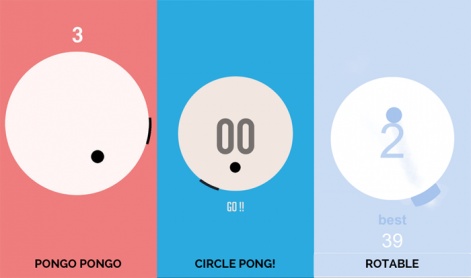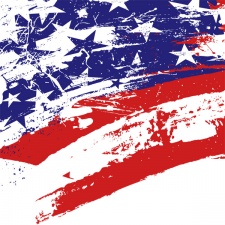If you followed the saga of Rotable, where a developer accused French publisher Ketchapp of stealing their idea and the follow-ups by both myself and Patrick Klepek of Kotaku, you'll understand that 'clones' aren't always what they seem.
But there are a lot of developers operating in various shades of gray, including people who will outright admit to making clones of existing games.
And they get away with such dubious behavior, even on the App Store where Apple has the pretense of quality within their 'walled garden'.
So perhaps it's time to admit that with cloning being a situation where it's impossible to tell who's being good and who being bad, and where Apple can't even sort out obvious Super Mario copyright infringements, approval systems are a thing of the past.
Simple ideas are everywhere
The problem is that clones are such a sticky situation you can look guilty without being so.
Another claim against Ketchapp for stealing a submitted idea - ZigZag and Mudloop's Zig Zag Boom - turned out to be a coincidence.

Ironically, Sven Magnus of Mudloop, while also confirming that the games were involved in a mistaken scenario, said the similarity actually helped their game out. Zig Zag Boom pops up second on the list of games on the App Store when you search for ZigZag.
But plenty of clones pop up too. And even then, it's difficult to prosecute a clone, at least in the US where game mechanics can't be copyrighted.
Because the underlying truth of the situation is we live in a time of simplistic games.
Perhaps it's time to admit that ... approval systems are a thing of the past.
I don't blame Rotable's developer for thinking the situation looked fishy, though I also think he was more interested in publicity for his app development products, mentioned on his Medium post, than the truth.
It took some digging, a few emails, and some phone calls to get plausible truths from the original Circle Pong developer, Ketchapp, and App Cow.
In the current environment, it can be too easy to submit a simple game somewhere and then call foul when you see another game that looks at bit like yours released by another company.
For these are the times we live in and on the internet a lie can get halfway around the world while the truth is putting on its shoes - as Mark Twain said in back in the days of the telegraph.
Whose rules?
In this situation, should we expect the app stores to do anything?
Google has never had the pretence that it does anything other than the bare minimum when it comes to app approvals. It's much more focused on catching malware than copyright violations.
I don't blame Apple for sticking with a stricter process from a conceptual point of view. It tries to uphold trademarks and will act as the final legal authority as in the case of marble popper StoneLoops! Of Jurassica, which was pulled from the App Store without any redress for developer Codeminion.
The thing is this sort of behaviour was valid in 2008 and 2009, but in 2015, where there are so many games and apps, the time it takes to get approved is now a real problem.
Not only that games such as Duet Circle Dot Wave Game - Crazy Wheel, Impossible Zendots Slash Wrassling Jump Baymax Balance Fortress Go ahead truck pinball sniper dodge emoji stick hero hit line smash mr jump rush jelly ninja stickman rush go up runeblade finger brain block color also get approved.
That's just wrong.
The road ahead
And there's the thing. I think the problem is only going to get worse before it gets better.
The cloning problem is a byproduct of a world where anyone can publish a game. And with markets such as China and India taking off, there will be millions more people who are technically talented enough to make games of all sizes, and they'll include clones and various other iterations of dubious status.
More seriously, there are also plenty of people who will exploit these circumstances to make money in unscrupulous ways, and there's only going to be more and more of this happening.
I think the problem is only going to get worse before it gets better.
As far as I see it, Apple could keep to the status quo, flawed as it may be. It will continue to frustrate developers, and let many obvious clones through, while many legitimate apps get caught up on tiny issues dependent on the exact Apple approvals person who considered the submission. And whether they were having a good day or not.
Certainly I understand Apple would have a particular focus on certain categories. I imagine Apple Watch apps are currently one such, but in general, when it comes to games, there should be a lighter touch than say banking apps.
Another option could be to create a class of "verified" developers - long-term iTunes developers; those with notable games; those who can be trusted not to try to sneak an emulators past the censors - who should be fast-tracked.
Because if the status quo remains, and current pressures continue to build up, I think there's a real chance that, tacitly or not, Apple will end up taking the Google Play laissez faire approach.
And strange as it sounds, that's probably not even a bad thing, because this point, the one thing everyone can agree on is the current system doesn't work.





















